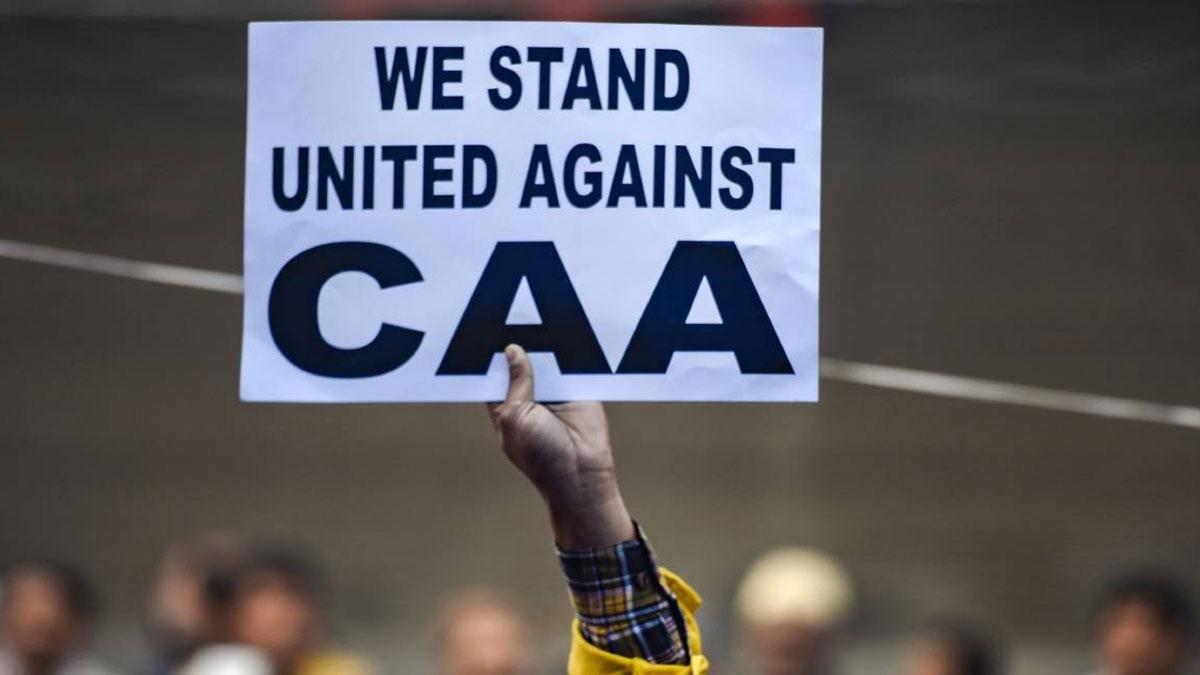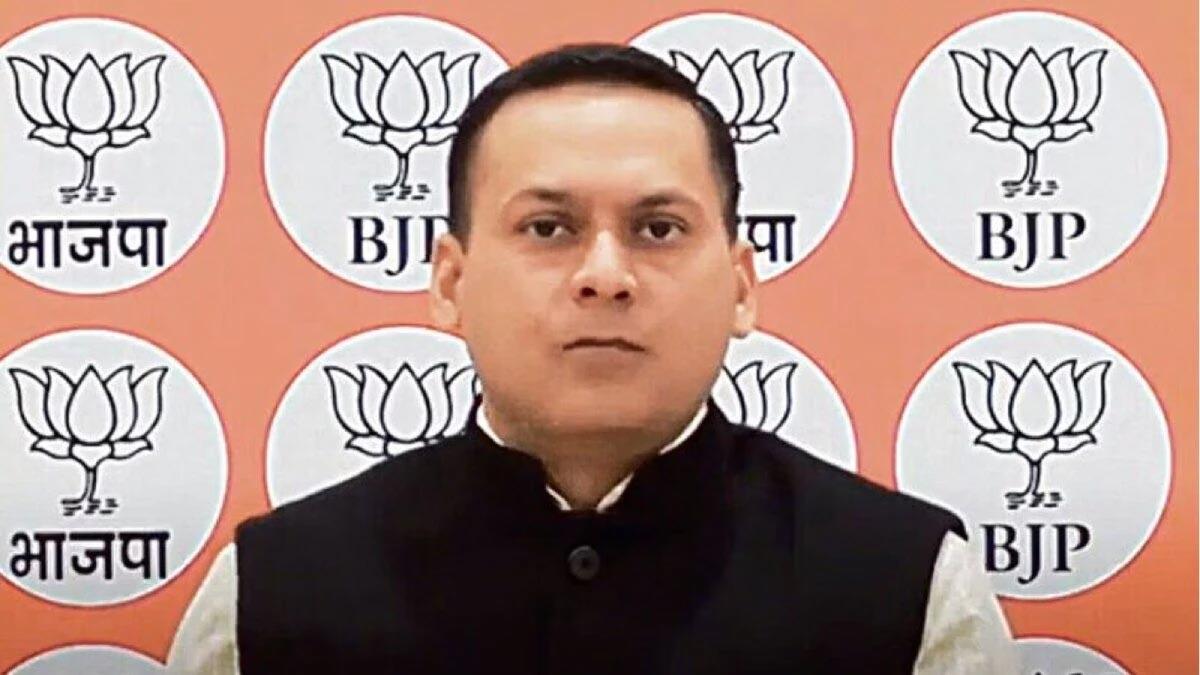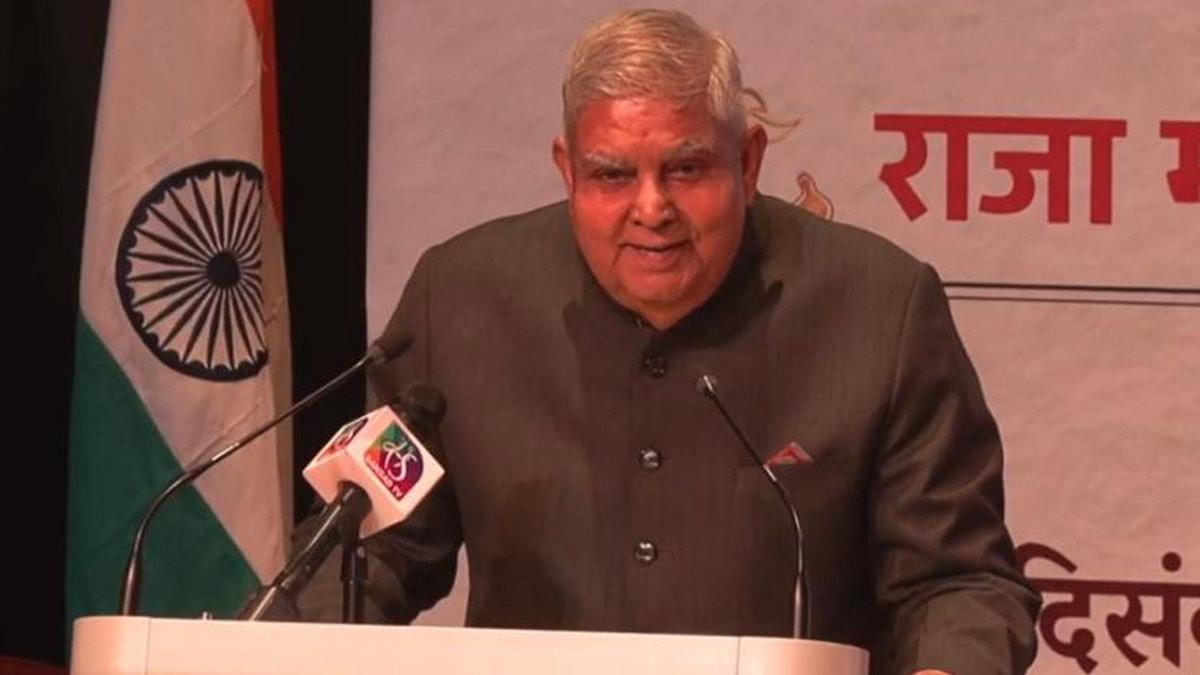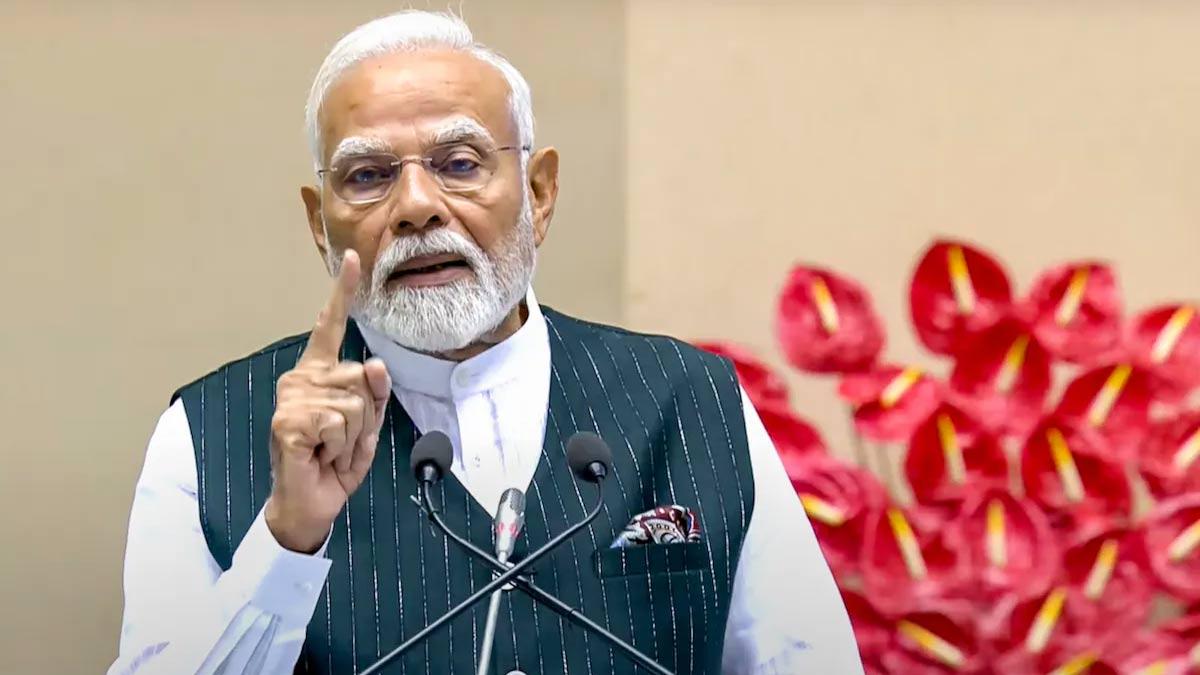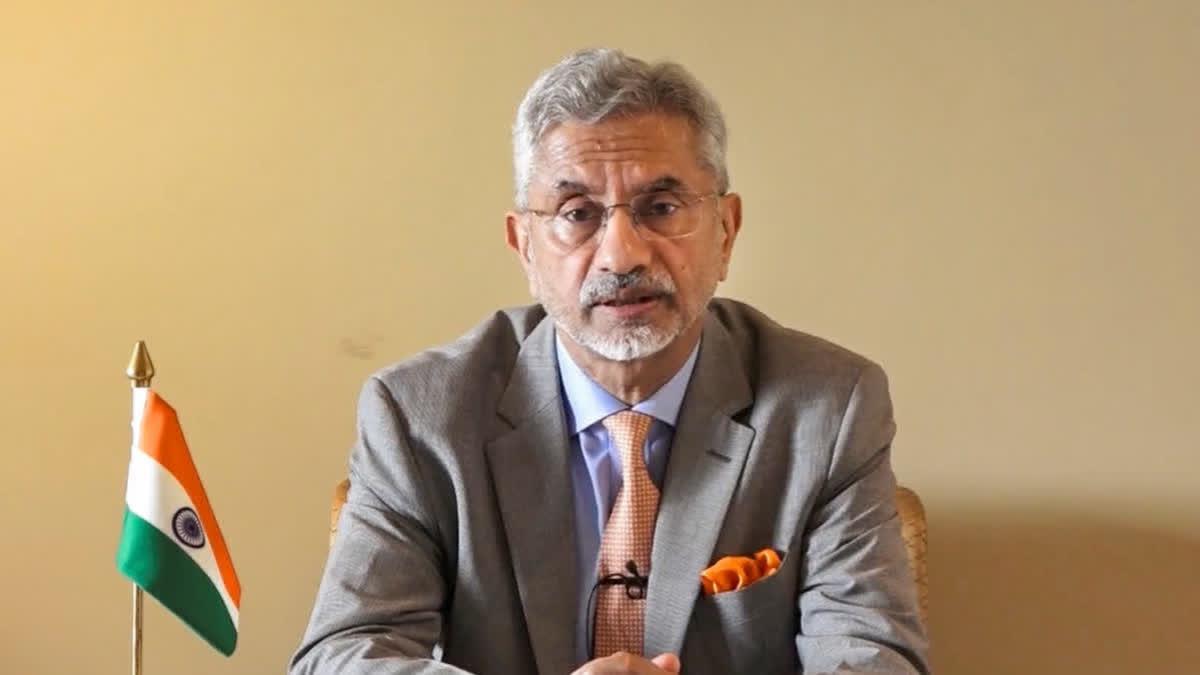Kerala has initiated a fresh plea in the Supreme Court, urging for a halt in the implementation of the Citizenship (Amendment) Rules, 2024. The state argues that these rules are discriminatory, arbitrary, and violate the principles of secularism.
The Centre recently cleared the path for enforcing the Citizenship (Amendment) Act, 2019, by issuing the corresponding rules on March 11, four years post its contentious passage by Parliament. This law aims to expedite Indian citizenship for undocumented non-Muslim migrants from Pakistan, Bangladesh, and Afghanistan who arrived in India before December 31, 2014.
Describing the CAA Rules as unconstitutional, Kerala asserts that classifications based on religion and country are unjust, arbitrary, and contradict the ideals of secularism.
The state government points out that the lack of urgency displayed by the Union in implementing the 2019 Act is reason enough to stay the 2024 rules.
Earlier, Kerala had filed an original suit against the validity of the Citizenship Amendment Act (CAA), highlighting that the Act and its associated Rules and Orders fail to adhere to any standard principle or norm when distinguishing migrants from neighboring countries like Sri Lanka, Myanmar, and Bhutan, which have witnessed trans-border migration.
Terming the CAA as arbitrary, Kerala contends that the Rules represent a form of selective legislation, expediting the citizenship process for members of certain religious communities who entered India from Afghanistan, Bangladesh, or Pakistan on or before December 31, 2014.
The plea emphasizes that religious and country-based classifications are inherently discriminatory. It argues that legislation discriminating based on an individual's core trait cannot constitute a reasonable classification.
The Supreme Court has agreed to hear the pleas on March 19, seeking direction to the Centre to suspend the implementation of the Citizenship Amendment Rules, 2024, until the petitions challenging the constitutional validity of the Citizenship (Amendment) Act, 2019, are disposed of.
The unveiling of the rules on March 11, just ahead of the Lok Sabha elections announcement, marked the beginning of the process to grant Indian citizenship to persecuted non-Muslim migrants from Pakistan, Afghanistan, and Bangladesh.
The rules came into effect immediately after their announcement, as per a gazette notification.
The Citizenship Amendment Act had triggered protests across the country in late 2019 and early 2020 due to perceived discriminatory provisions.
While the apex court declined to halt the operation of the law, it issued notices to the Centre on the pleas on December 18, 2019.
Read also | PM Modi Chairs Cabinet Meeting, Calls for '100-Day Action Plan' from New Government

